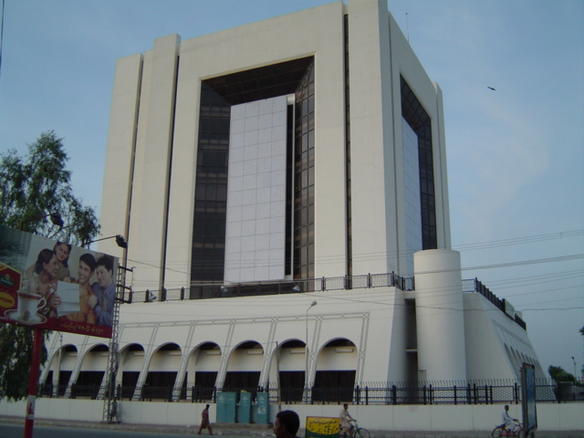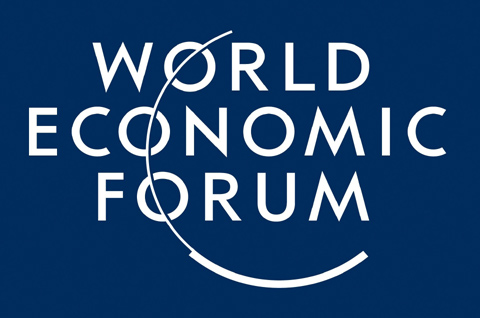Business & Finance Club Magazine - Global Forum – Finance officials from leading advanced and emerging countries began talks Thursday aimed at hammering out reforms to the global economic system to prevent debilitating crises such as the one that dragged the world to the verge of a depression in 2008.
The Group of 20 brings together rich countries such as the United States, Japan, and Germany, emerging powers China, Brazil and India, and developing economies Indonesia and South Africa. Top oil producer Saudi Arabia is also a member.
Founded in 1999, the disparate grouping shot into the limelight in late 2008 as the key international forum for managing the global financial system as the crisis sparked by the collapse of U.S. investment bank Lehman Brothers provided a chance for developing economies to demand more say.
Hanging over the meetings, which conclude Saturday, is the European sovereign debt crisis, which has triggered slides in global financial markets and the euro currency. Though the scope of market turmoil has been much milder than the mayhem in 2008, it has shown that the global economic recovery remains vulnerable.
The G-20, which met in Washington in April, is gathering again ahead of a summit in Canada later this month to come up with proposals to hand to leaders to help ensure "strong, sustainable and balanced growth" for the global economy, in the words of the organization.
G-20 deputy finance minister and central bank governors began meeting Thursday, said Kim Young-min, a spokesman for South Korea's Ministry of Strategy and Finance. They were preparing for the gathering of ministers and central bank governors Friday and Saturday, including working on a draft communique that their bosses will discuss.
South Korea, which assumed the rotating Group of 20 chair this year, is hosting the meetings in the southern port city of Busan. Seoul will convene a G-20 summit in November.
The G-20 has been trying to come up with a new financial architecture to manage the global economy in the wake of the 2008 crisis. Proposals include a bank tax, setting new standards on how much capital banks need to protect against a future financial crisis and establishing "financial safety nets" to help emerging economies vulnerable to financial flows.
It has agreed at a series of summits in the United States and Britain since late 2008 on the need for tighter financial regulation to prevent the kind of Lehman-induced turmoil that could potentially sink the global economy.
The issue of a bank tax to pay for future bailouts has proved divisive, however. The U.S. and Europe favor the move, but others such as Canada and Australia oppose it given that their banks survived the global crisis intact.
U.S. Treasury Secretary Timothy Geithner said Wednesday he did not think the G-20 would agree at this week's meeting on the bank tax issue. But he said differences were narrowing in other areas, including capital standards.
"We want to accelerate progress on a global agreement on core reforms," Geithner told reporters at a briefing in Washington before departing for Busan.











